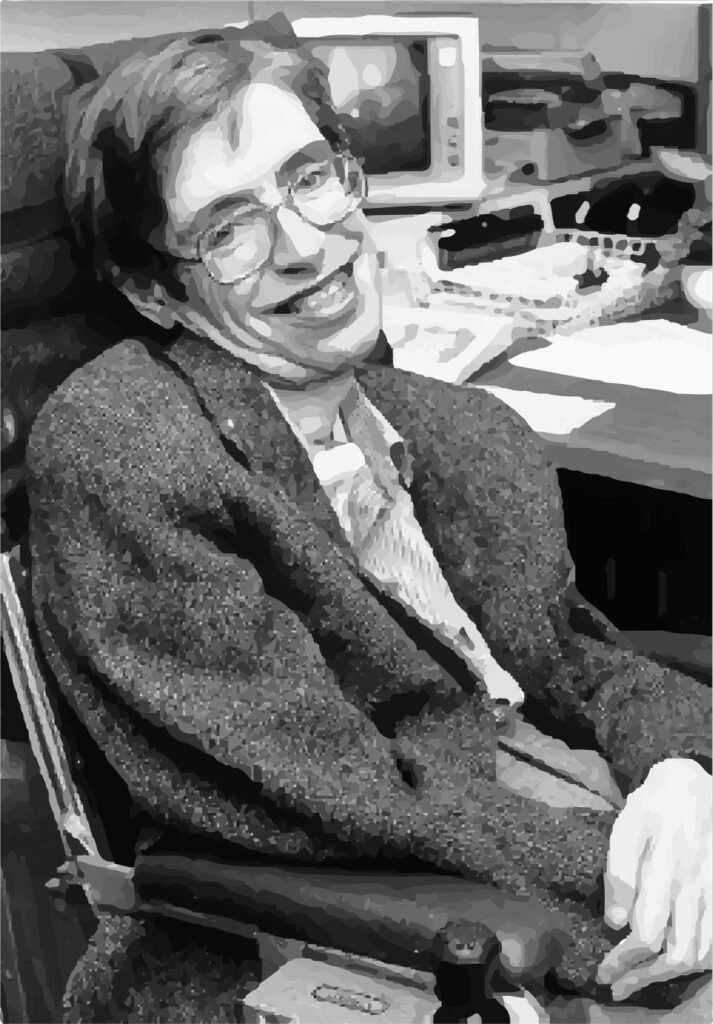Stephen Hawking remains an iconic figure in the scientific community, revered not just for his groundbreaking contributions but also for his unparalleled determination and resilience in the face of adversity. However, it’s important to distinguish between fame and talent when considering his legacy and the broader landscape of scientific brilliance.
Hawking was, without a doubt, a first-rate scientist. His fame, however, often overshadows the recognition of his sheer talent and intellect. He didn’t transcend into a demigod; rather, he achieved eminence through his unwavering dedication to his research, despite battling a debilitating illness.

His prominence stemmed from not only his scientific prowess but also his remarkable tenacity. The global recognition he received was largely due to his groundbreaking work on spacetime singularities and black hole thermodynamics, which left an indelible mark on the field of theoretical physics.
But let’s consider this: had Hawking not faced the challenges of a debilitating illness, it’s plausible that his name might not have resonated beyond the physics community. This is not to undermine his contributions but to highlight the reality that numerous first-rate physicists, equally adept and knowledgeable, might remain lesser-known outside academic circles.
Names like Robert Wald, Clifford Will, Thanu Padmanabhan, and Theodore Frankel, among others, exemplify the extensive roster of first-rate physicists specializing in gravity theory and related areas. Their intellectual prowess is unquestionable, yet their names might not echo in popular culture as Hawking’s does.
The distinguishing factor that propelled Hawking into the limelight wasn’t solely his scientific acumen but also the extraordinary circumstances he faced daily. His reliance on a wheelchair and voice synthesizer to communicate contributed to his exceptional and inspiring narrative.
It’s crucial to acknowledge that brilliance isn’t confined to any single field. Physicists, musicians, racecar drivers—each possesses unique talents and passions. Comparing their intelligence or potential is subjective, rooted in distinct interests and motivations.
Hawking’s legacy serves as a testament to human resilience, determination, and the pursuit of knowledge against all odds. While recognizing his scientific brilliance, it’s equally important to appreciate the myriad talents and intellects present across various disciplines, often obscured by the glare of the spotlight. Brilliance exists in diversity, not just within the realm of theoretical physics but across all domains of human endeavor.
